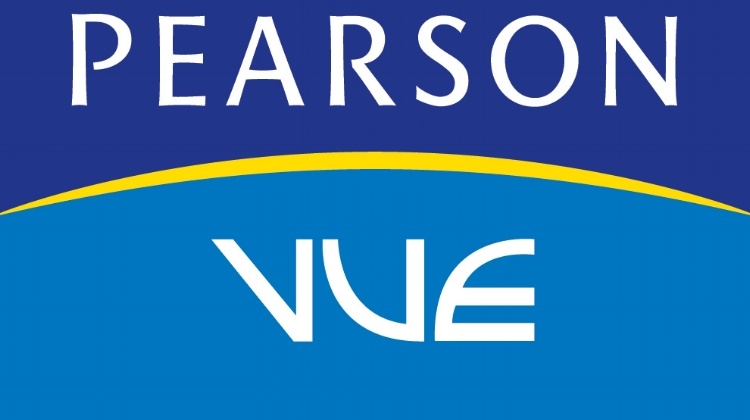6MK012 – Marketing & Digital Strategy
By Joanne Fenech
“In essence, digital marketing is the marketing of a product or service through the use of an electronic device or the internet. It’s a phrase for online marketing. Hundreds of thousands of businesses now use digital marketing to reach a big number of people because it is easier—and more cost-effective. Traditionally, organizations used television, radio, publications, events, and direct mail to reach their target audience. Nowadays, businesses are attempting to attract potential clients through digital platforms as individuals spend more time online. Marketers must be aware at all times of the trending norms and where the people are. Prior to the rise of digital marketing, few people discussed the customer journey because it was difficult to comprehend and evaluate. A customer would most likely go to a physical store after viewing an advertisement on television or in the newspaper, make a decision, and pay for the product or service inside the store. In digital marketing, however, we can trace every step a customer takes, frequently starting from the time they are prompted to look for a solution or product. Nowadays, it’s normal for a consumer to view an advertisement online, search and compare costs on several websites, and then go to a store to try the goods or shop online. Customers should be encouraged to follow the organisation’s social media sites. This enables the marketer to evaluate daily their preferences as they scroll through their social media feeds. Keeping people informed is both useful and relevant, as well as providing content that inspires and delights is key. Clients that are more engaged and informed are most likely to buy from your company if they ever need your service or product.
The Wolverhampton module Marketing and Digital Strategy delves into the complexity of a strategic marketing approach that every company requires to build and maintain a competitive edge. It offers an understanding of the external and internal factors that drive strategic decisions and how businesses build and maintain a competitive advantage. Traditional and digital marketing expertise and knowledge are expanded in this subject. A thorough awareness of how products and brands are positioned offline vs online. It will also look at the role of marketing from a strategic standpoint.”









